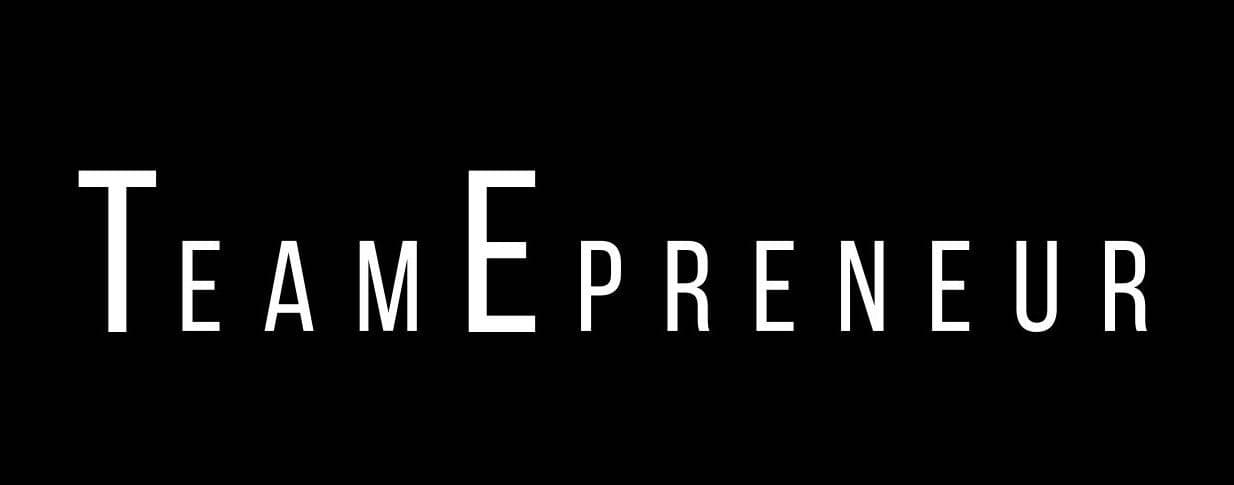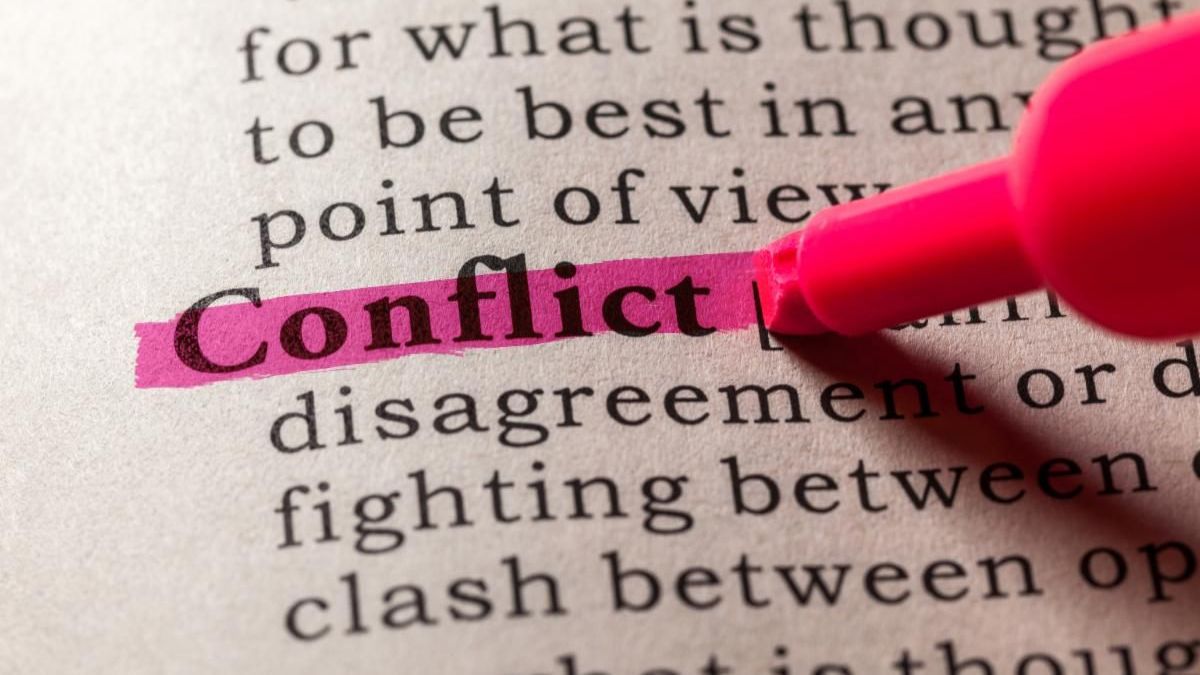Ideas have a shelf-life. How about your goals?
J.P. Montalvan • January 9, 2023
"It's really clear to me that you can't hang onto something longer than its time. Ideas lose certain freshness, ideas have a shelf life, and sometimes they have to be replaced by other ideas."
— Alan Alda
photo courtesy of Alan Kotok
________________________
As an achiever, you’ve been conditioned to go for big goals. And there’s an inherent challenge with that.
When we set work, relationship and other targets that are closely linked to who we think we are — our identity — it can be hard to give them up, even in the face of insurmountable barriers. But what if we didn’t look at our choices as only two — either keeping the goal or giving up the goal?
What if we put some goals “on the shelf” — like good books we yet haven’t finished — and come back to them later?
Last year was quite a year for me. While I had some successes last year, I also faced a super hard relationship and family break-up and a real downturn in one of my businesses. That means that in several domains of my life — family, finances, feelings and focus — I felt like I was moving further away from my goals.
But our lives really aren’t as simple as either moving toward or further away from our goals. As I did a reset in December and looked back on the setbacks, I found that the setbacks gave me a lot more clarity around what wasn’t and isn’t working and what I really want in my life.
I‘ve gained new goals — and new energy — with my reset. And the science shows that the benefits you can get with this reset are real.
Experiments by University of Zurich psychology researcher Zita Mayer and her colleagues showed that when subjects shelved one of two desirable goals with the option of returning to the shelved goal later, they experienced less regret than those who permanently gave up on one of the goals.
Giving up on a goal for awhile has real health benefits. A 2019 meta-analysis of 31 samples overwhelmingly shows that people who are better at letting go of unattainable goals and reengaging other goals have better functioning endocrine and immune systems, better health behaviors and fewer physical problems. Those better at pursuing new goals are healthier and function better physically under emotional distress.
So as you start 2023, as you set your course, and as you lead your teams at work and your teams in life,
you might consider some goals that didn’t happen for you and for your teams in 2022 as something that didn’t need to happen in 2022...
- Set some of those 2022 goals on the shelf for another week, another quarter or another year. They might be big goals or small goals.
- Reengage with some other goals in 2023. Maybe take some old ones off the shelf, dust them off, and see if they fit you this week, this quarter, or this year.
Your goals, whatever the size, may or may not be "right now" goals. You might just want to come back to some goals later. And that can actually be your best way to live.
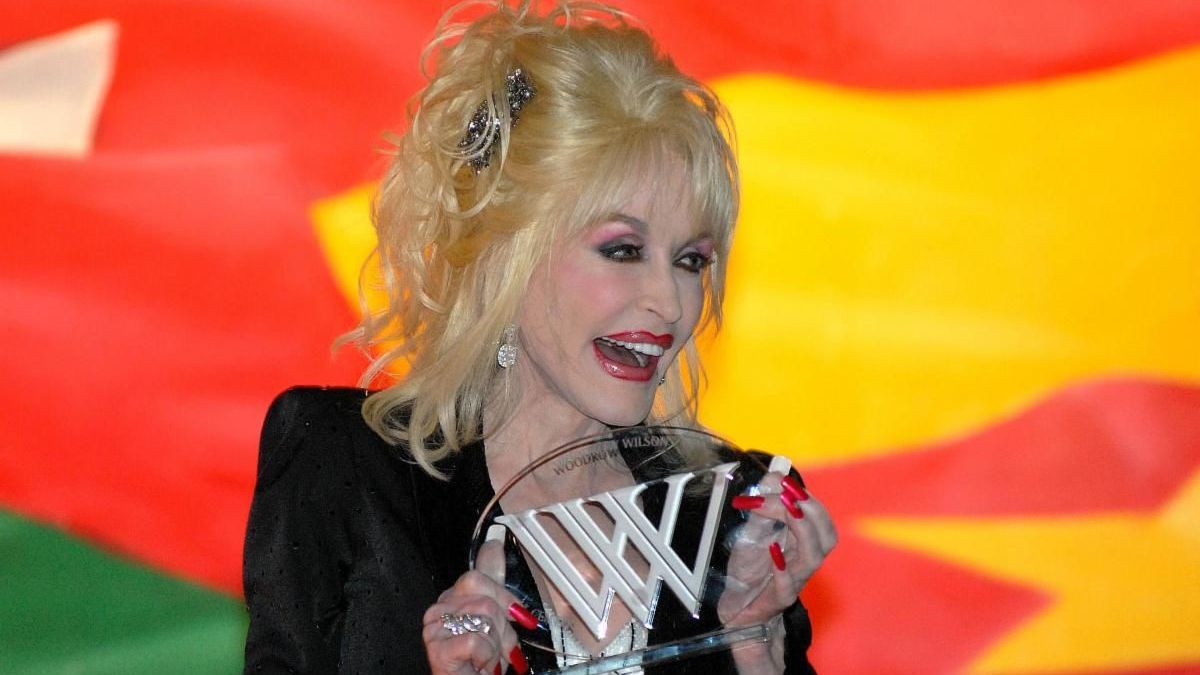
As a leadership coach, I get to work with a diverse range of entrepreneurs and intrapreneurs – quite a few real estate agents, fitness professionals, mortgage lenders, government contractors and others. Come April, it's like clockwork – we all start realizing how easy it is to lose sight of our yearly goals by the end of the first quarter. Life gets busy, we get caught up in the whirlwind of reactivity, and suddenly, those big dreams we had at the start of the year feel miles away.

As most of you know, tragedy struck on what would have otherwise been an ordinary night earlier this week in the heart of Baltimore. The Francis Scott Key Bridge, an iconic structure that spanned the Patapsco River, became the focal point of a devastating disaster that has shaken Baltimore and the region to its core. As I think about the events of that night, there’s a lot to unpack, from preparedness and the “why” behind a crisis to quick thinking and the human capacity for heroism in the face of adversity.
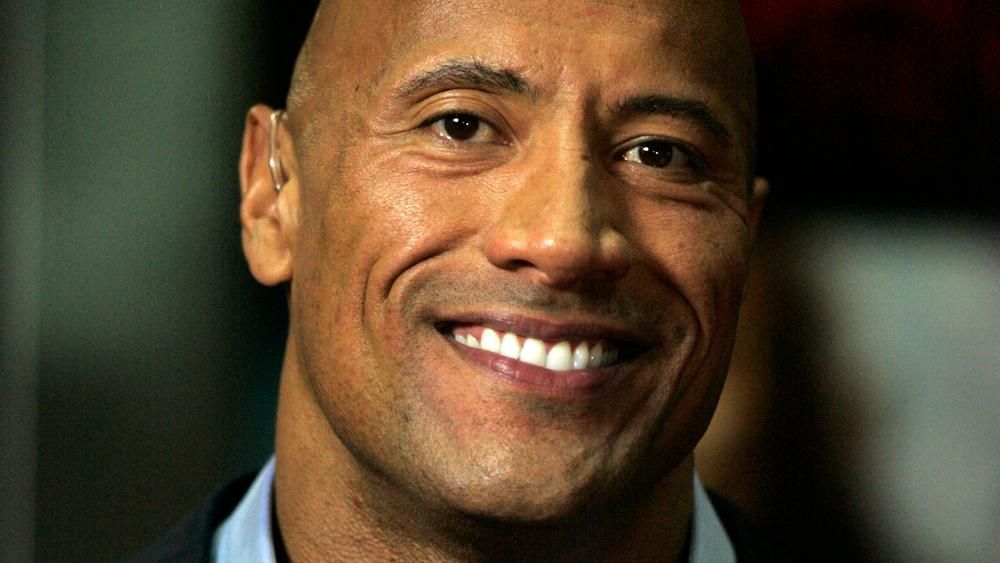
Happy Hump Day!
I don’t usually reach out to you on Wednesdays, and I wanted to share that Wednesday isn't just any ol' day – it's the linchpin of your week. Why?
As I’m sharing with my Leadership Circle this quarter, Wednesday isn't just the midpoint of the typical work week calendar. It's a golden opportunity for us to hit pause, reassess, and realign ourselves with what really matters – our weekly priorities.
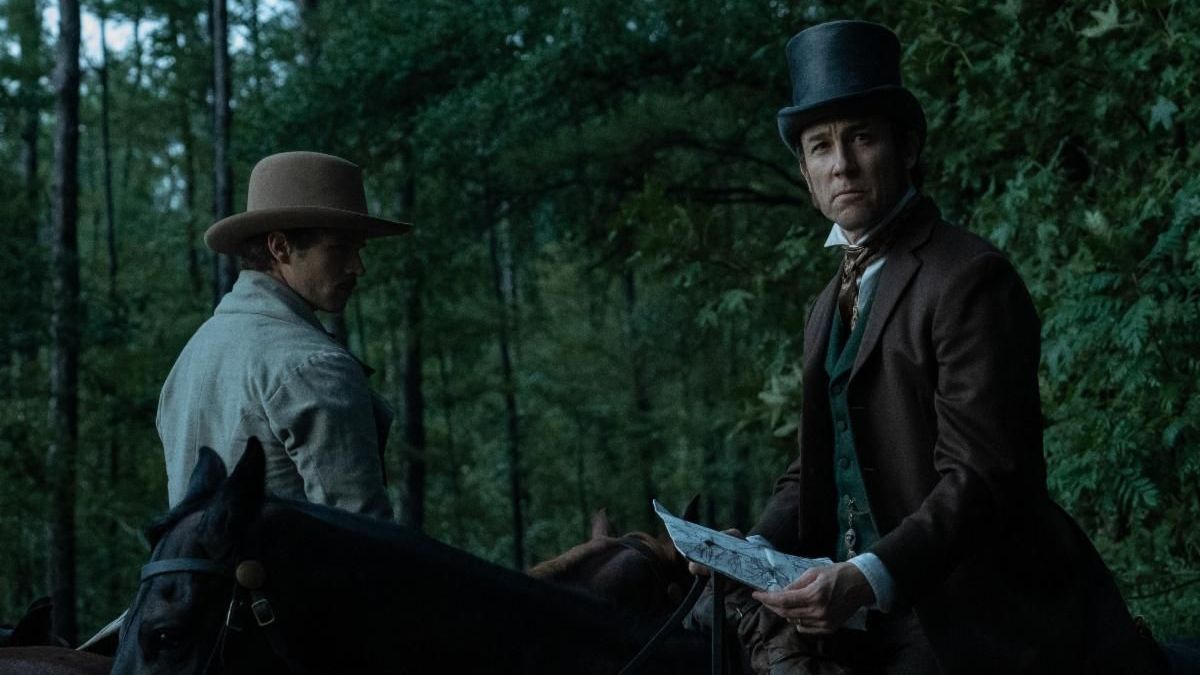
Edwin was born in the small town of Steubenville, Ohio. His education started in Miss Randle’s kindergarten and was followed by Henry Orr’s seminary around the block. At 10, he entered George Buchanan’s nearby Latin school where he was called “an imperious and self-reliant young man.”
Edwin’s lifelong struggle with asthma might have contributed to his temper, but so could have the early death of his father and the deaths of his brother and two children.
And on the eve of achieving his life’s dream — nomination to the Supreme Court — Edwin Stanton’s chronic asthma caused his death in 1869.
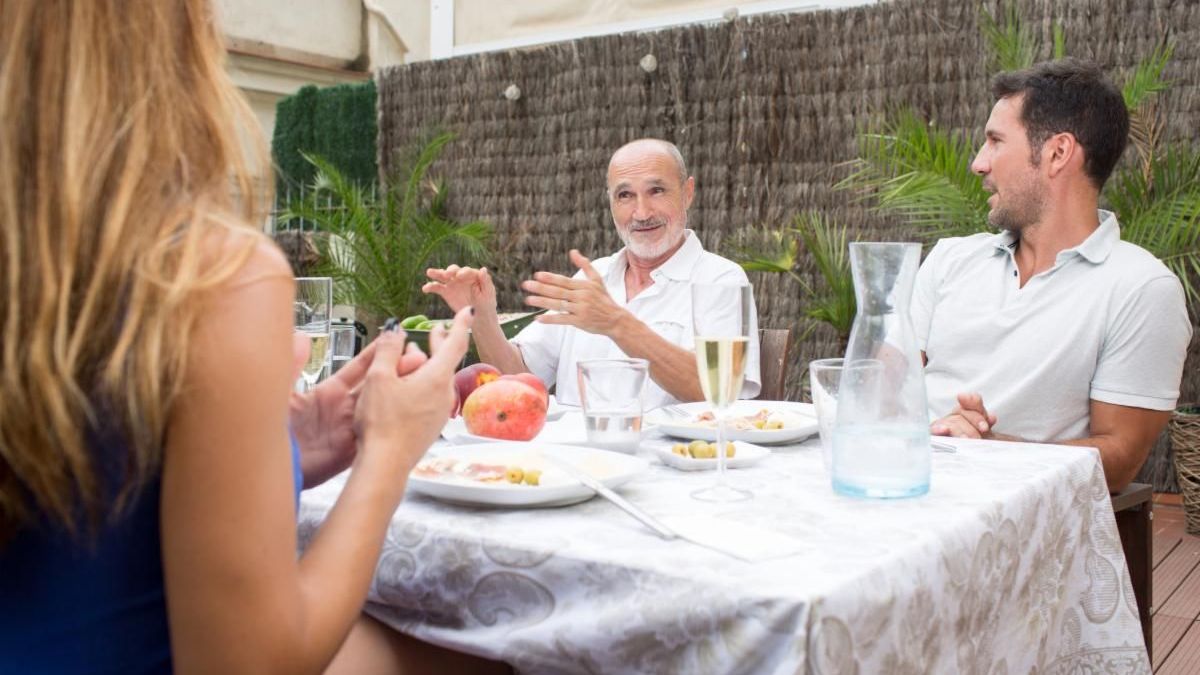
As I sit here late at night in my parent’s family room, a few hours away from our home, thinking about you, it dawns on me that we’re often wrapped up with how leadership impacts us in the work world. But the reality is that it permeates every part of our lives – and especially our relationships with family and friends.
This weekend, the conversations with my parents are covering a myriad of topics, from advice on navigating parenthood with our newborn daughter to discussing strategies for managing their health.
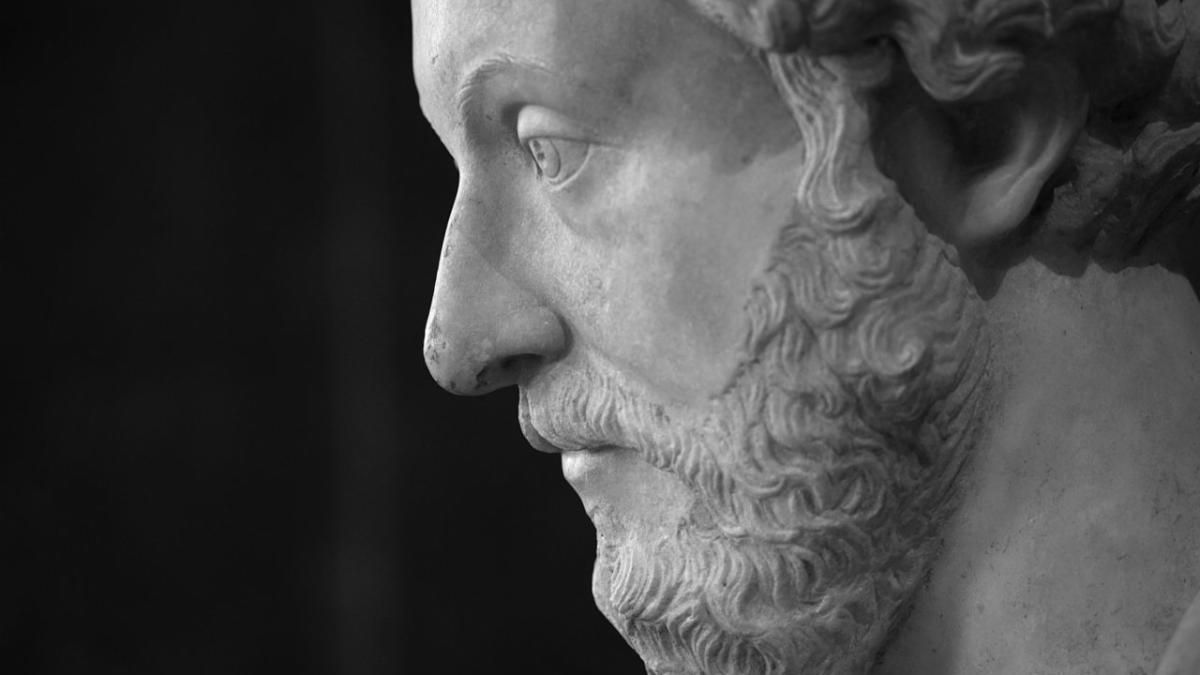
Recently, Veronica and I took a trip to the beautiful Virginia countryside around Flint Hill, Virginia. As we took in the breathtaking, winter scenery of rolling hills, horses, cattle and more, we decided to stop for lunch at the inviting Dark Horse Irish Pub. Little did we know that our dining experience would include both delicious food and the unexpected wisdom of a heartfelt connection.
Upon entering the cozy pub, we were greeted incredibly warmly. Our waiter was a young man who attended to us graciously through our meal, and when he had to leave was replaced by an older waiter. The older waiter had a twinkle in his eye, as they say, and he immediately struck a chord with us. As our main meal switched to delicious desserts, he engaged us in some lively conversation and took a genuine interest in our newborn daughter in the stroller by our table. His genuine care and enthusiasm was really something.
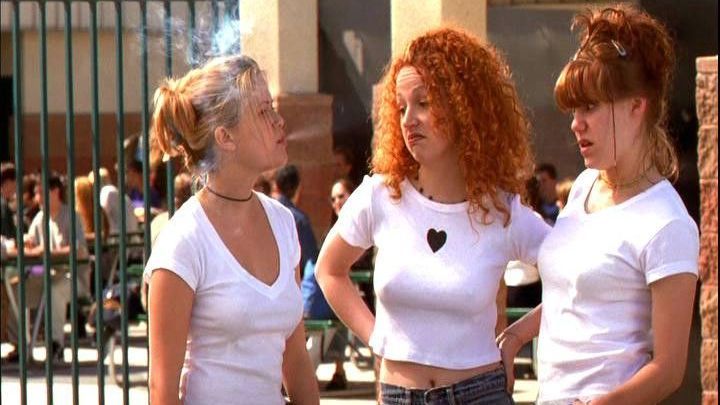
In the challenging world of Hollywood, with a sea of scripts and opportunities, Reese knew what she wanted. Despite some early success and the offers of darker and more intense roles, she was drawn towards “optimistic” storylines that inspired and uplifted. She wanted to make a meaningful impact on her audience, especially girls and young women.
“I got a role in this movie called Freeway playing this really angry, aggressive, violent young woman who believed wholeheartedly in the truth,” Reese shared. “I had such satisfaction afterward, and I thought, that's what I want to do.”
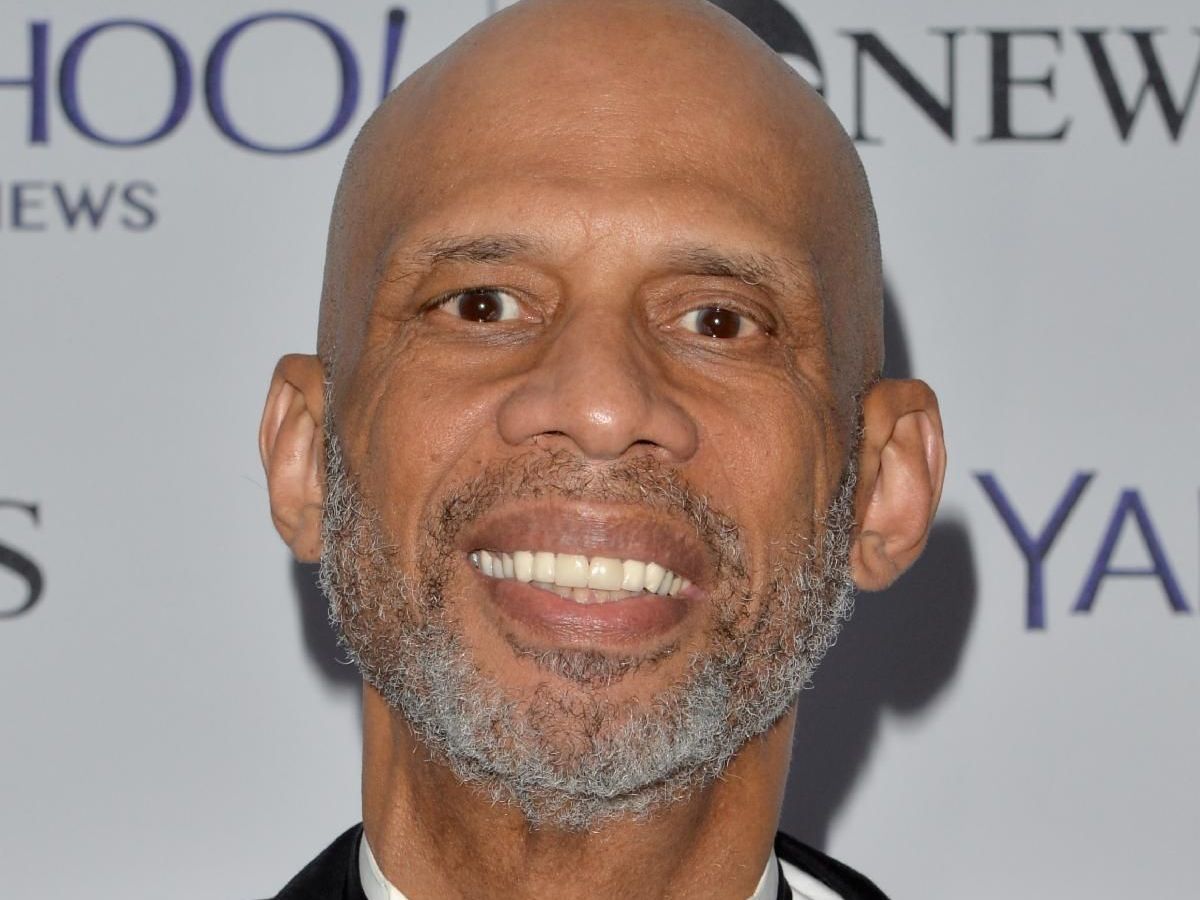
Closing the Gap: Kareem’s Legacy and Your “Big 3” to Success
In the fast-paced world we live in, it's easy to get caught up in the whirlwind of daily tasks and lose sight of our priorities. If you’re anything like me, it happens when we think about the gaps between where we are and where we want to go, in business or in our personal lives.
Kareem dedicates much of his time now to empowering marginalized communities, reflected in his book "Writings on the Wall: Searching for a New Equality Beyond Black and White." He was asked once about his ability to prioritize amidst the glitz of a storied career.
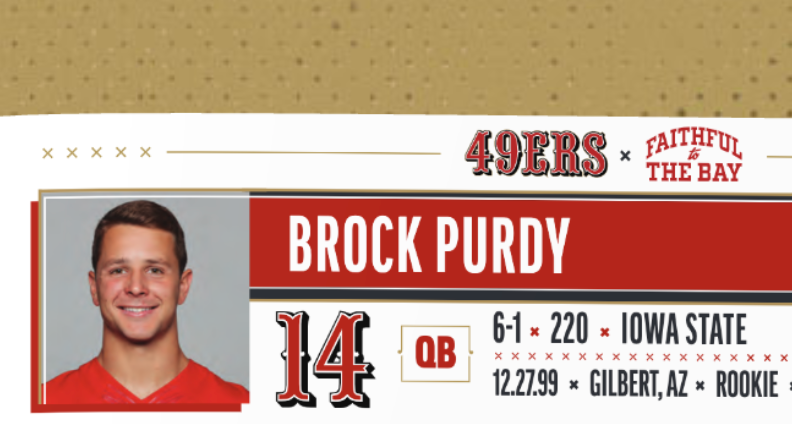
Getting picked last isn't great. Brock would know…
As February rolls in, it's time for a reality check on our goals. How often have you lost sight of your aspirations by now, slipping from proactive to reactive mode? I know I have in the past. How do we stay focused in the chaos of a competitive, hyperconnected world? That's a heck of a ball game.
And when we lose sight of our goals – our big goals – we are picking ourselves last.
